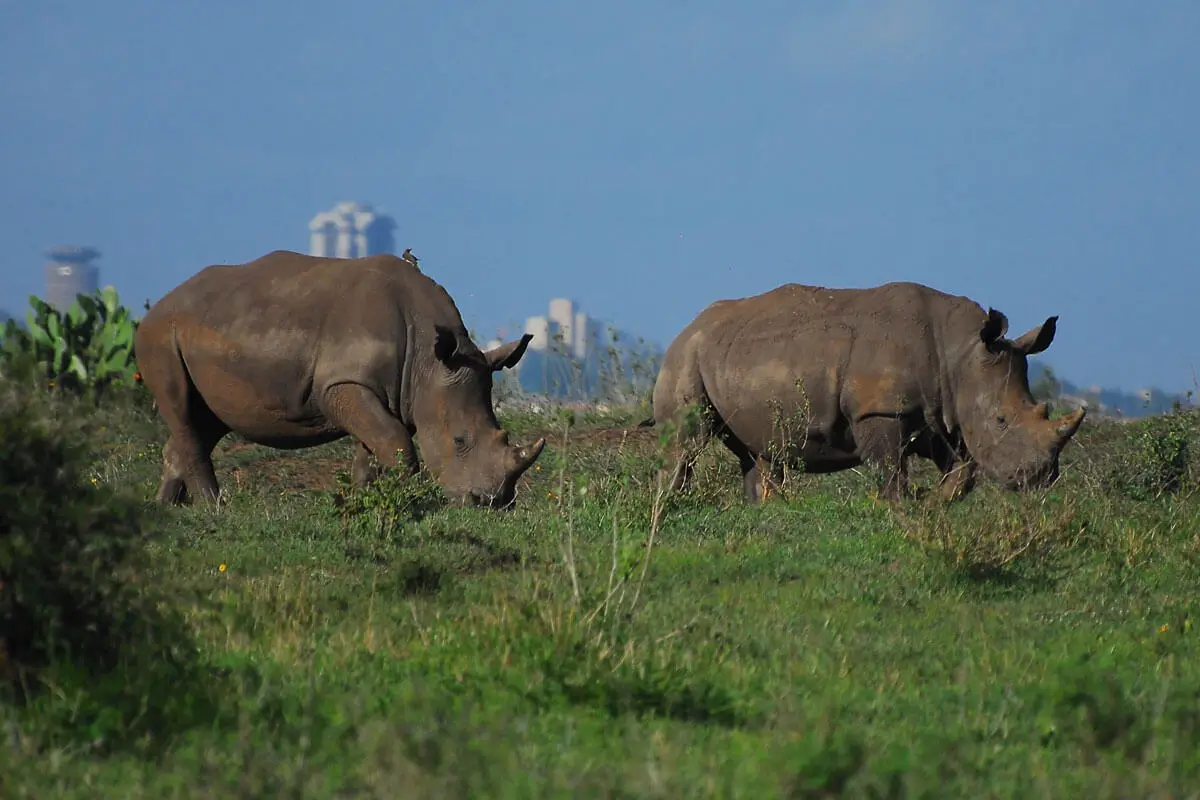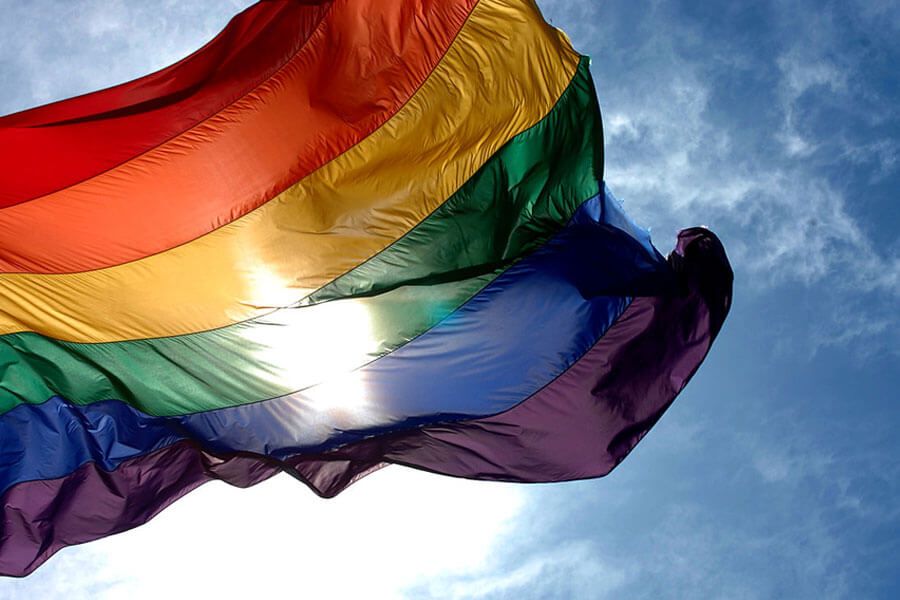Kenya is hailed as the birthplace of 'safari travel', a reputation it still holds up because of its popular wildlife experiences. While you - as a visitor, would like to experience the Kenyan safari on your own, you could also be wondering about your safety.
In this article, we'll look at traveller safety in Kenya, including specific advice for female travellers, LGBTQ, and some tips for your health.

Is It Safe To Visit Kenya?
In general, Kenya is safe to visit for tourists, except for some border areas to the east and north, as well as a few city slums. As a tourist, most of the places you visit are far and distant from the bad border areas.
Some countries have had standing caution about travelling to Kenya for some years since the terrorism incidents of 2013 and 2014. This caution is specifically meant for the areas which are close to the border with Somalia due to the constant fight against the Al Shabaab Militants.
These areas which you are advised against are not tourist areas and it is unlikely that many people will be visiting them since the national parks and game reserves are far from the north and eastern regions.
Areas To Avoid In Kenya
Whereas most (if not all) Kenyan safaris happen in safe national parks and parts of the cities and towns, here are some areas where you might need to exercise more caution.
Areas with high risk for terrorism and violence.
- Regions bordering Somalia
- Areas within 100 Km of South Sudan
- Areas within 100 Km of Ethiopia
Areas with a high likelihood of crime
- Eastleigh, Nairobi
- Kibera, Kasarani, and Mathare (slum districts of Nairobi)
- The Old Town of Fort Jesus, Mombasa (in particular, it is recommended not to walk here at night)
- The counties of Mandera, Garissa, and Wajir, in the North-East
- The road between Kainuk and Lodwar in Turkana County
- The coastal region includes the counties of Tana River and Lamu, and all areas of Kilifi County north of Malindi.
- Baringo county
The areas you are advised to be cautious to visit aren't always chaotic but there is a high likelihood of crime.
Related article: Safest countries to travel to in Africa
Is Kenya Safe For LGBTQ+?
The law in Kenya doesn't recognize or protect any rights for the LGBTQ community, and a big part of the population widely agrees with this outlook.

Your sexual identity and preference is a private business and you will not be asked about it before entering the country. Many people visit and enjoy their safaris and never have to disclose their sexuality.
Because of the unfavourable travelling laws and attitudes, you are advised to avoid public displays of affection (PDA). This also applies to heterosexual couples, so it is a limitation because of cultural values and attitudes.
In the tourism industry, you shouldntravellingjewellery't have trouble when it comes to tour guides or accommodation as the attitudes are quite progressive.
Safety Tips For Visiting Kenya
As with any other country, common sense goes a long way in making a trip safe and enjoyable, or a complete disaster.
Here are some quick tips to help you stay on top of things. These tips are helpful in any new place you visit.
| # | SAFETY TIP | DESCRIPTION |
|---|---|---|
| 1 | Do not travel at night. | Isolated and unfamiliar areas are risky, especially at night. |
| 2 | If traveling with a guide, follow their instructions | The guide is experienced with the place and the rules of the area. |
| 3 | Keep a low profile | No need to draw unwanted attention from everyone. |
| 4 | Do not engage in political demonstrations | Demonstrations might get violent and broken up by police or the army. |
| 5 | Keep valuables out of sight. | Especially jewellery and other such items. Or just don't carry any expensive valuables. |
| 6 | Don't be too trusting. | If something feels like a scam, it probably is. |
| 7 | Keep away from any black market wildlife items trade. | The laws are strict and will get you. Love and respect for animals and their homes. |
| 8 | Make a copy of your passport and keep it in your luggage | Having a copy is never a bad idea. Keep a picture on your phone. |
when you are in the national park or game reserve, you will need to observe these.
- Do not explore the wilderness alone
- Keep some distance between you and wild animals
- Stay quiet in the presence of wild animals to avoid startling them
- Follow your guide's instructions while on a game drive
- stay in your vehicle, unless the guide allows
- Be aware of your surroundings in the park.
Staying Healthy In Kenya
Aside from the security concern, your safety also includes health and well-being. The biggest health concern - especially with non-African tourists is usually Malaria. Here are some tips to keep your body feeling and working great.
- Consult your doctor about taking anti-malaria medicine
- Sleep under a mosquito net
- Carry your regular medication
- Bring sunscreen to avoid sunburns, the tropics are always hot
- Disclose your dietary restrictions, to avoid allergic reactions to food.
- Be careful about street food, especially if your stomach is sensitive
- Don't drink tap water. Bottled water and a reusable water bottle will work
- Sleeve clothing and insect repellant keep insects away - especially in the national parks.
As far as your health is concerned, you should always make sure to first consult your doctor for professional advice.
Final Thoughts
To finish this off, the safety of any country is always going to be a big deal and we hope this article answers your questions about whether Kenya is safe to visit.
Except for the areas mentioned, we think Kenya is safe to visit and the safari experiences are among the best for African wildlife and scenery. For that reason, we encourage you to go to Kenya and see for yourself, all the animals, the landscapes, and the welcoming people.
